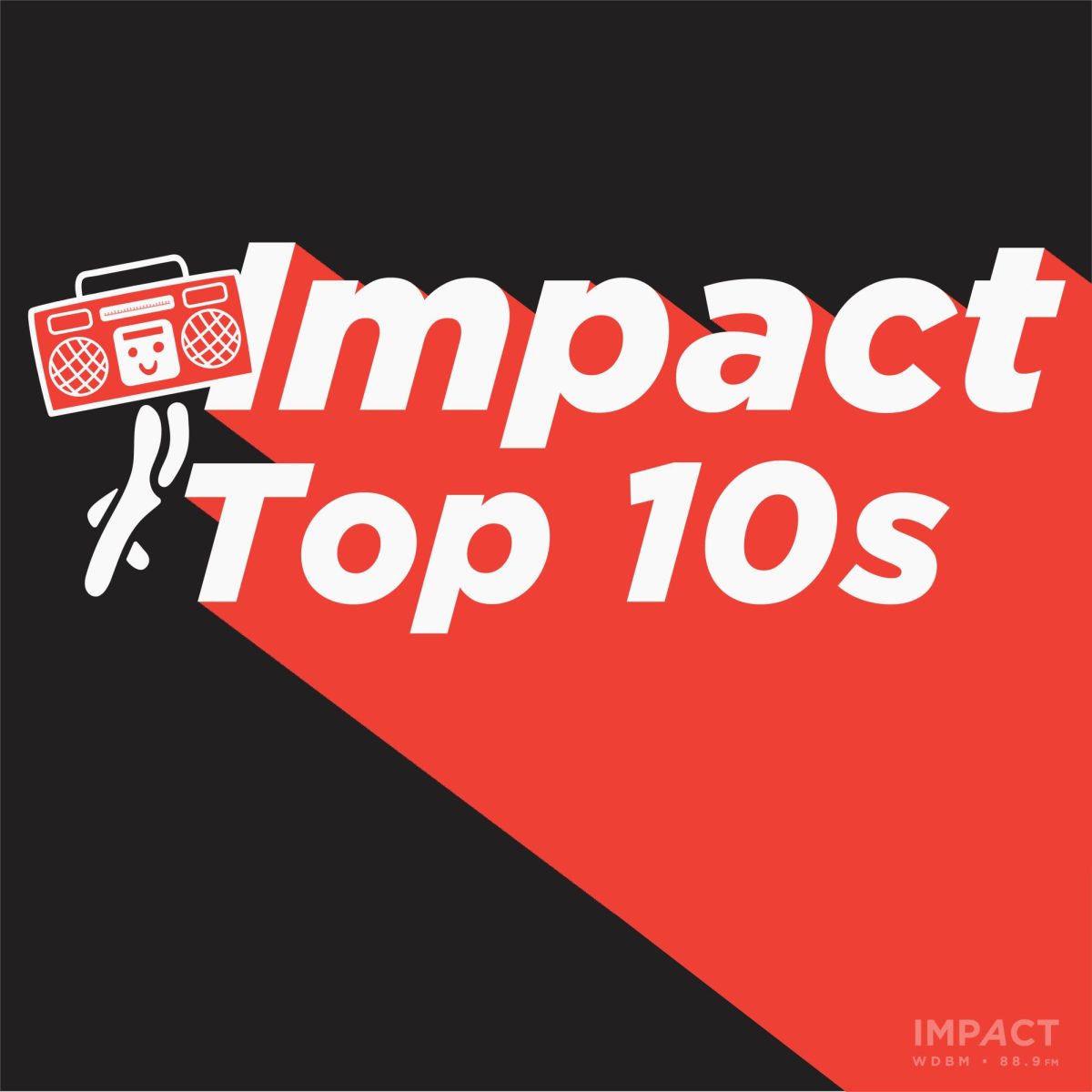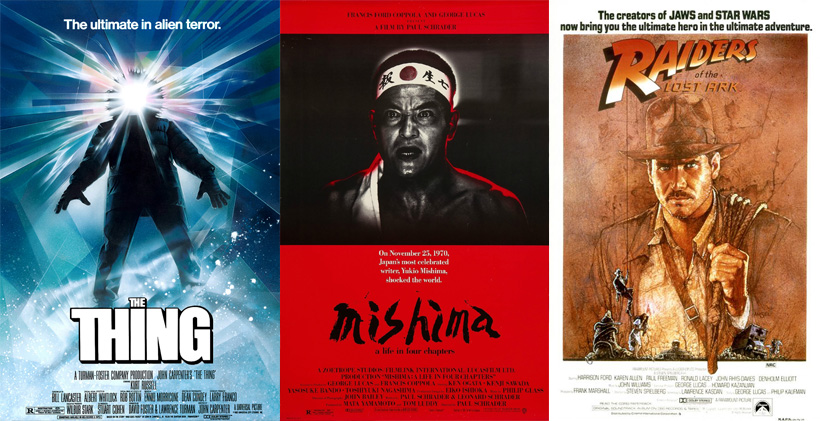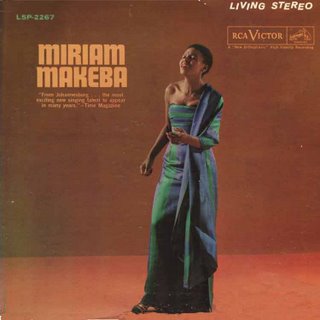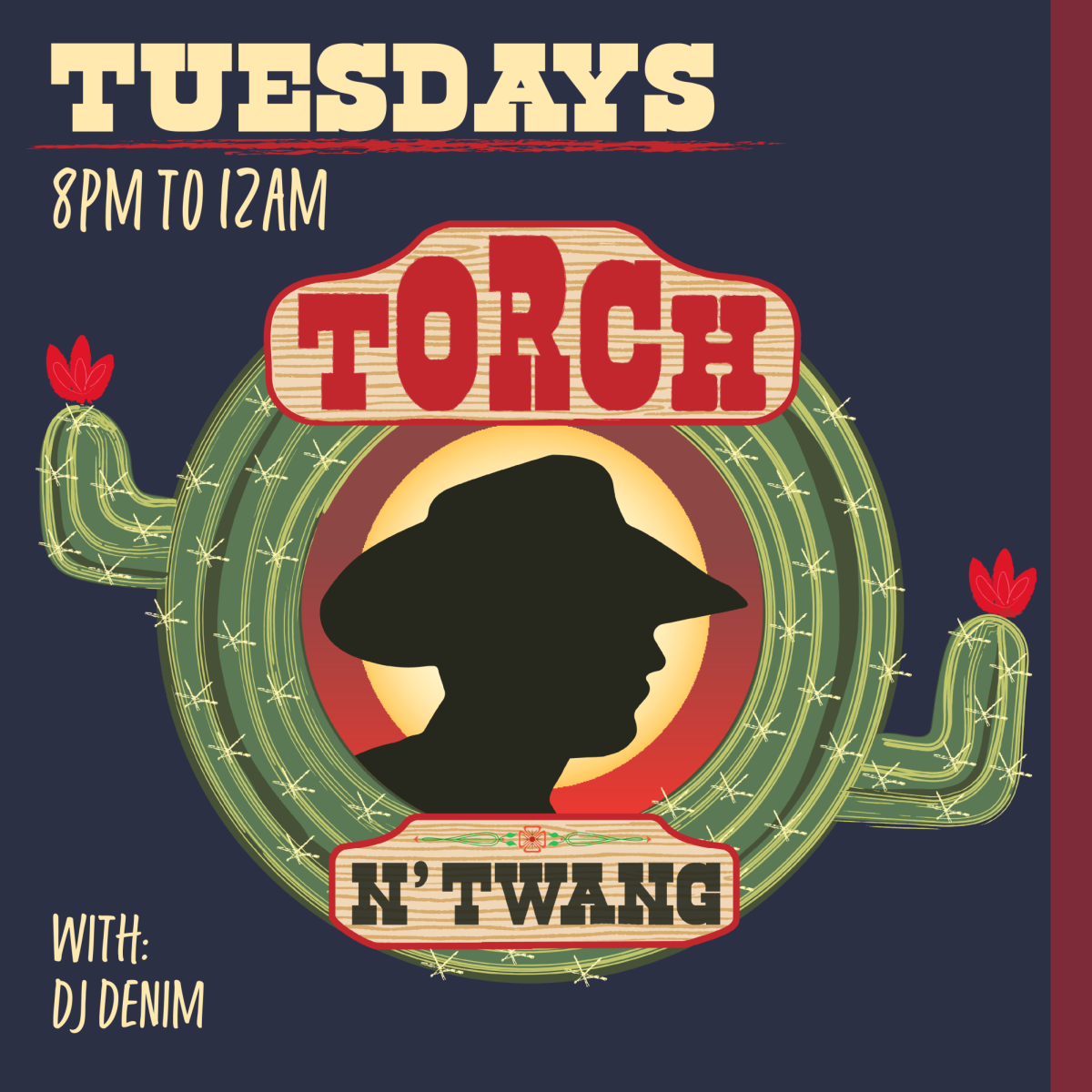November is a month to honor Indigenous peoples across the nation. The honorary month was first created as Native American Awareness Week in 1976, authored by physicist Jerry C. Elliott High Eagle. It was signed into law a decade later by Ronald Reagan, being one of the few positive things he did during his tenure. In Aug. 1990, George H. W. Bush declared the month of November as Native American Heritage Month.
Over the course of this month, Impact 89FM wants to highlight some of the incredible music that indigenous musicians have made. As an introduction to the wonderful world of indigenous music, here are the top 10 best indigenous albums for new listeners.
10. Redbone – Wovoka (1973)
Genre: Dance Rock
We start off with one of the most legendary albums from any Indigenous artist. Founded in 1969 by brothers Pat and Lolly Vegas, Redbone was composed of musicians of Mexican American and Native American heritage.
Released in November 1973, Wovoka was the most commercially successful of the band’s eight studio albums and was aided by their most popular single, “Come and Get Your Love,” which saw a renaissance when the track was added to the Guardians of the Galaxy soundtrack in 2014. Other notable tracks include “Clouds in My Sunshine” and “We Were All Wounded At Wounded Knee,” which was left off the U.S. and Canadian releases of the album because of the controversial association with the Wounded Knee Massacre and the Wounded Knee Occupation.
9. MAREWREW – Mikemike Nociw (2019)
Genre: Traditional
While most of what we think about Indigenous peoples comes from the United States, there is a wide breadth of indigenous music from all corners of the world. MAREWREW is one of those artists, performing traditional Ainu music in the form of Upopo, which can be considered a form of acapella. The trio from Hokkaido performs predominantly in Ainu, and the band has been instrumental in showcasing their culture to a wider audience.
8. Merina Gris – Zerua Orain (2022)
Genre: Alt-electronic
The Basque country of Spain is home to one of the most unique cultural identities, and Merina Gris of San Sebastián highlights this in a style of music that is just as unique. “Besteek Zer” is a standout, letting the eclectic sound of the trio highlight lyrics which ask if someone is truly caring about them and not just looking for external validation, which is something that many indigenous groups have dealt with in regard to cultural assimilation.
7. Tinariwen – Tassili (2011)
Genre: Desert blues
Legendary Tuareg band Tinariwen also had to be featured here at some point. Their fifth studio album won the Grammy for Best World Album in 2012, and for good reason. This album is classic desert blues, a genre created by Tuareg artists and spread internationally through artists like Tinariwen.
6. Jayli Wolf – Wild Whisper (2021)
Genre: Alt-pop
Written as a way for Wolf to reconnect with her indigenous heritage, this EP tells the story of her father, who was taken away from his family in the Sixties Scoop, a horrendous set of legislation that allowed Canadian child welfare authorities to legally take children from their families and allow them to be adopted.
5. Tanya Tagaq – Tongues (2022)
Genre: Alt-electronic
Tanya Tagaq has long been a force in the Inuit music landscape and has been instrumental in spreading Inuit throat singing across the world. She had her big break featuring on Björk’s album Medúlla, and the legendary Icelandic singer helped produce her debut album. Tongues is yet another showcase of how traditional vocal techniques can inspire some of the greatest musicians of all time.
4. Te Kahureremoa – Acts of Service (2022)
Genre: Electro-folk
When you think of Māori culture, you probably think of haka. However, there’s much more to the rich cultural history of the Māori. Te Kahureremoa utilizes traditional Māori instruments to create the sonic landscape of this album, and the fact that she sang predominantly in Te Reo Māori is not lost on us as well.
3. Emily Wurramara – Milyakburra (2018)
Genre: Roots, Folk
No list would be complete without an album from an Indigenous Australian musician, and Emily Wurramara is one of the finest out there. The singer of Warnumamalya heritage mixes both English and Anindiyakwa on the album, giving listeners a window into what it means to be an Indigenous Australian in the current day.
2. Jeremy Dutcher – Motewolonuwok (2023)
Genre: Neo-classical
The second album by the Wolastoqiyik artist follows up his massively successful debut album, Wolastoqiyik Lintuwakonawa, which was a surprise hit across Canada. Dutcher sings in both Wolastoqey, an indigenous language with under 1,000 native speakers, and English.
1. Aysanabee – Watin (2022)
Genre: Pop
The critically acclaimed debut album by Oji-Cree singer-songwriter Aysanabee had to be number one. This album tells the story of Aysanabee’s grandfather, who is a survivor of the Canadian residential school system, which seeked to eradicate the culture and identity of indigenous peoples. It rips your heart out and leaves it on a platter for you to not just internalize the struggle of residential school survivors, but also to understand more about indigenous peoples’ fight for recognition across the world.
The world of indigenous music is one that is growing at an exponential rate. These albums are just a taste of what you can find from these incredible artists. Native American Heritage Month may only be a month long, but these people are here year-round.


















